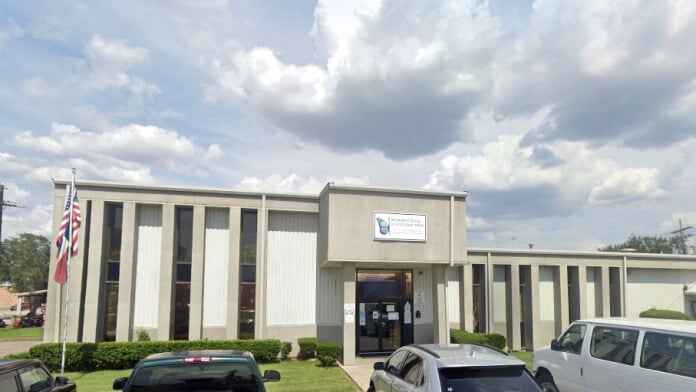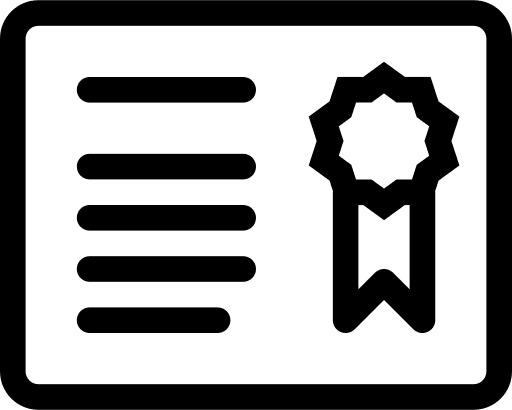About Recovery Council of Southeast Texas – Beaumont
You’ll find the Recovery Council of Southeast Texas in Beaumont, Texas, a little over an hour from Houston. Established in 1958, this nonprofit organization welcomes adults, youth and families battling substance use disorder and mental health conditions. You can participate in short and long term outpatient programs that meet you where you are in recovery.
With outpatient care you can live at home and maintain daily commitments while getting the help you need. Their standard programs offer up to nine hours of weekly treatment, including group counseling, support meetings and education as well as individual sessions. They accept walk-ins and offer-same day care. You can also access opioid recovery support services and specialized programs.
For me, their Learning to Thrive program really caught my eye. This track emphasizes the significance of community activities and social wellness. Youth and young adults aged six to 24 can access any service for free. Equine therapy, kayaking trips, mountain biking, laser tag and escape rooms are available. I think this is a great opportunity to enjoy sober fun while connecting with peers with similar interests.
Another nice feature I noticed was their specialized group education classes. They understand that recovery looks different for everyone and offer tailored groups for your unique needs. You can participate in sessions focused on STD and HIV prevention and treatment, harm reduction, tobacco cessation and fetal alcohol syndrome. You’ll benefit from gaining the tools to address these challenges, care for your health and sustain recovery.
I also think their Recovery Support Services (RSS) are fantastic. You can access this long term track if you have severe barriers to treatment and are a part of their medication assisted treatment (MAT) program. They help you overcome hurdles, like transportation, housing and medical care. And one of the best parts is, they provide these services for your loved ones as well.


